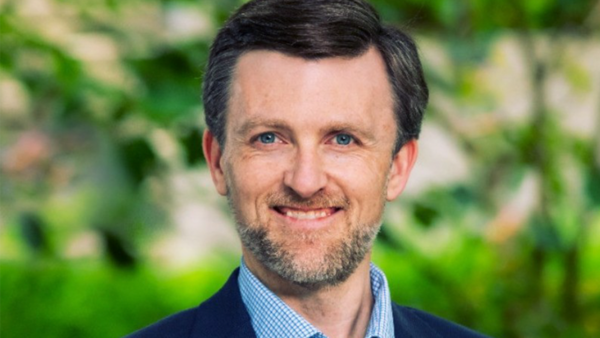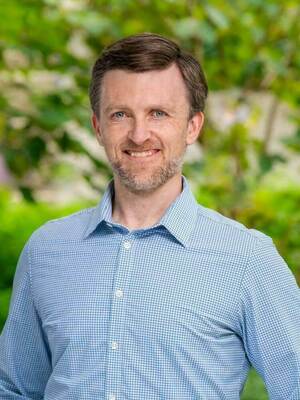

Abstract
Emerging electrochemical technologies promise to address grand sustainability challenges by producing clean energy, purifying water, or recovering valuable resources from industrial waste. Many such technologies (such as redox flow batteries, fuel cells, or water desalination systems) involve controlling the movement of charged species (ions) in aqueous solutions, and in many cases their overall technical and economic feasibility is determined by the performance of engineered separation materials such as polymer ion exchange membranes. Thus, advancing the state of the art of ion separation materials is crucial to further development of electrochemical technologies for the environment. Unfortunately, we lack the molecular-level understanding that we need to rationally design new materials with higher performance, resulting in slow progress.
This seminar will describe the Kingsbury Lab’s efforts to accelerate ion separations research via a suite of new theoretical, experimental, computational, and software capabilities. By pushing to systematically understand the molecular-scale interactions that govern ion selectivity, we hope to enable rapid tailoring of materials for arbitrary ion separations.
Biography
Ryan Kingsbury is an assistant professor of civil and environmental engineering and the Andlinger Center for Energy and the Environment at Princeton University. He completed postdoctoral studies at Lawrence Berkeley National Laboratory and holds a Ph.D. in environmental sciences and engineering from the University of North Carolina at Chapel Hill, where he was recognized with a Student Fellowship Award by the North American Membrane Society.
Before graduate school he earned a Professional Engineering license and founded a startup company to develop a novel energy storage process. Ryan’s research investigates ion-selective materials that power electrochemical technologies for water purification, resource recovery, energy storage, and clean energy production. He also develops accelerated materials screening methods for environmental engineering problems that integrate experimental characterization, software, and atomistic simulations.
Originally published at energy.nd.edu.